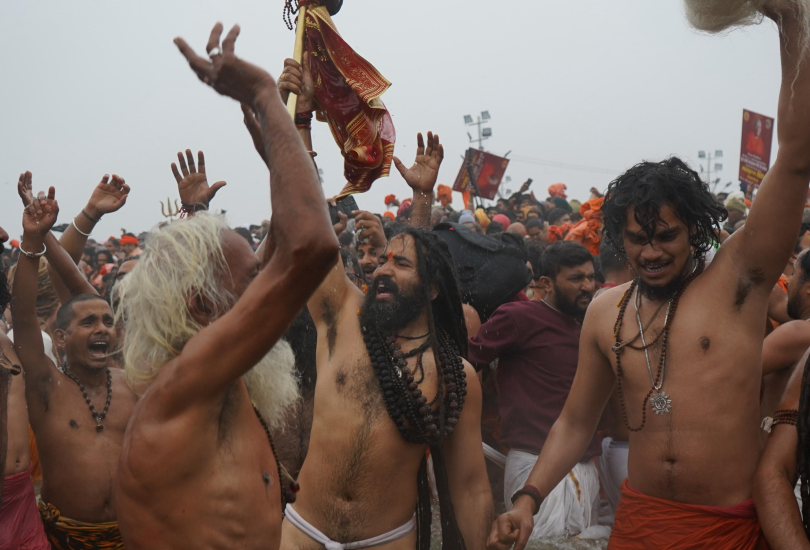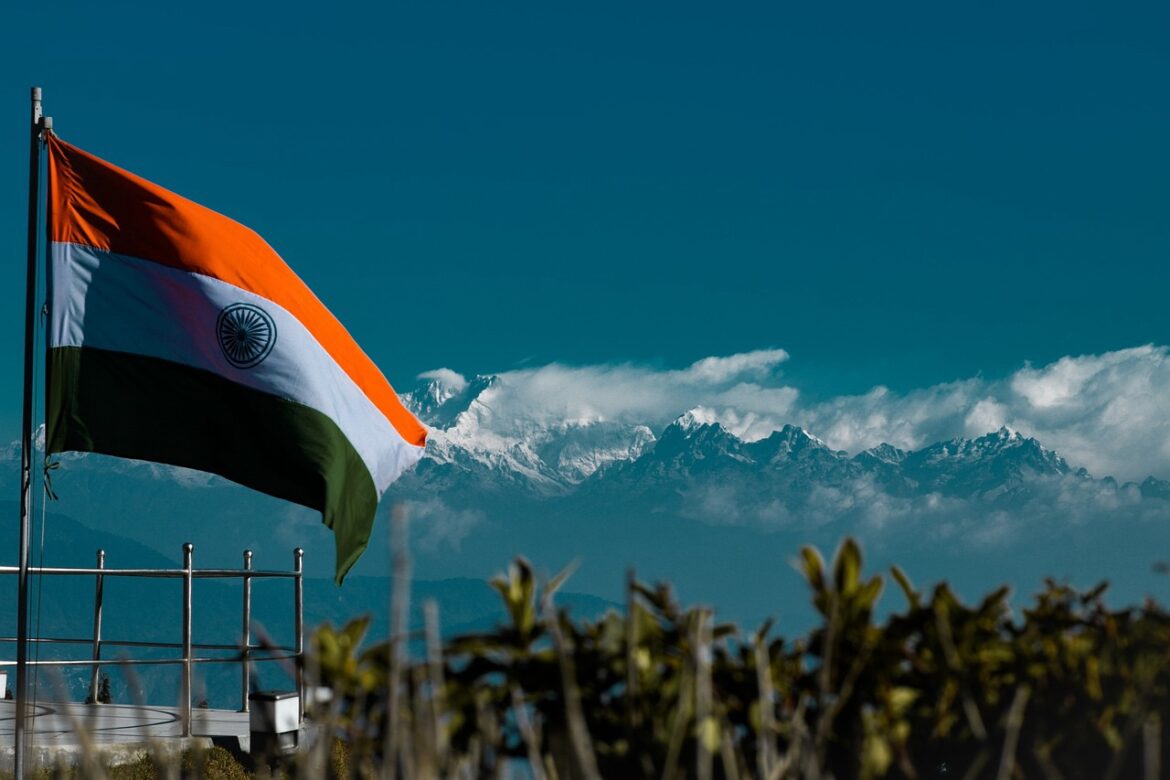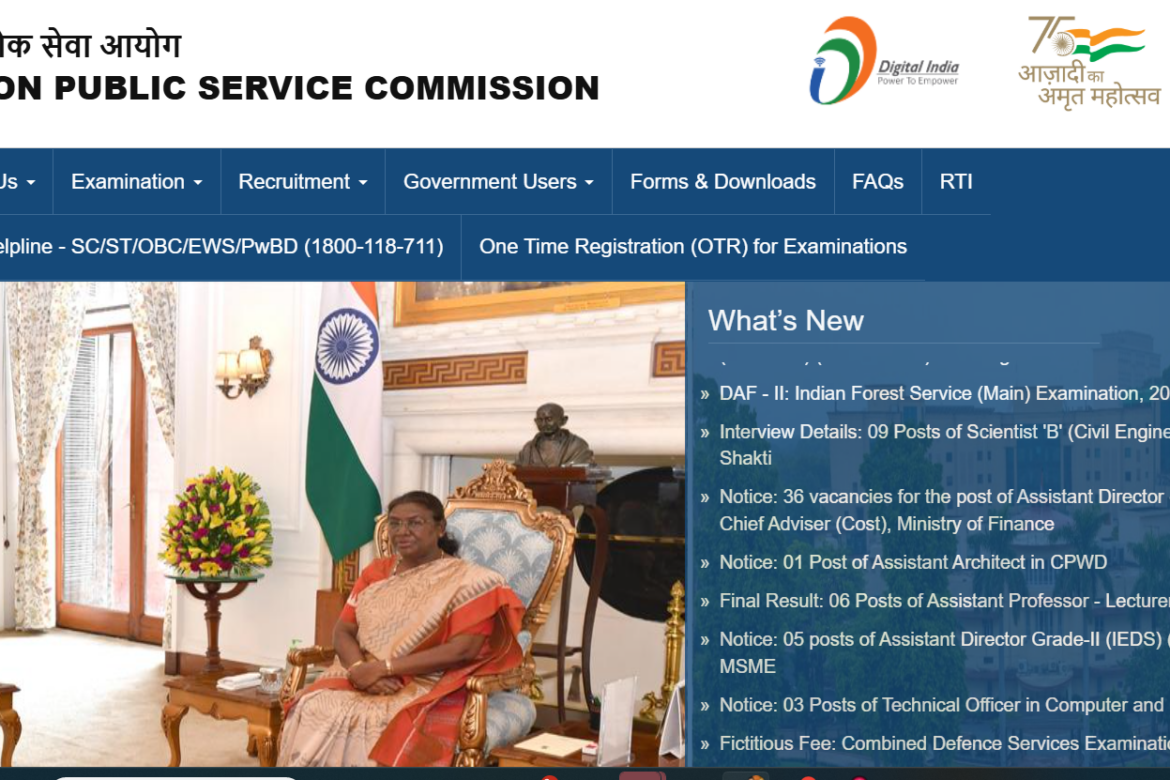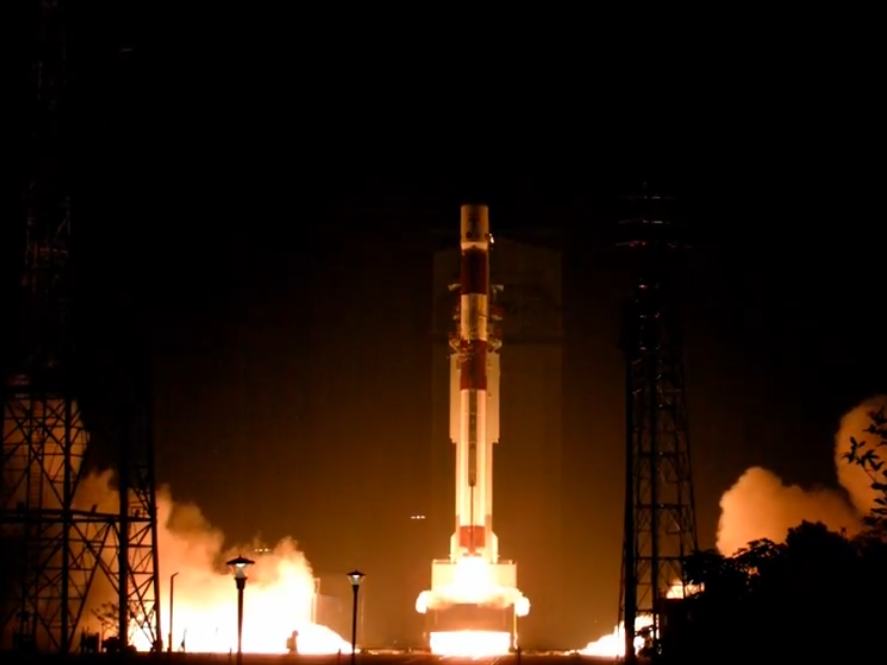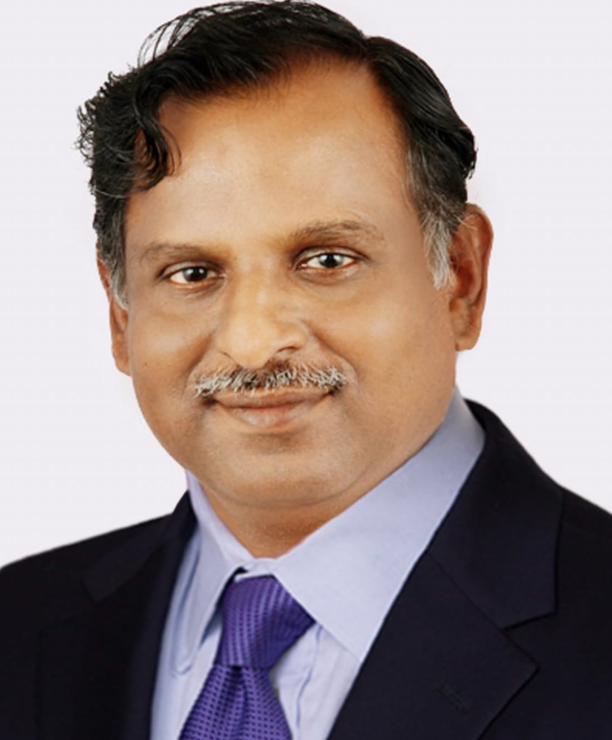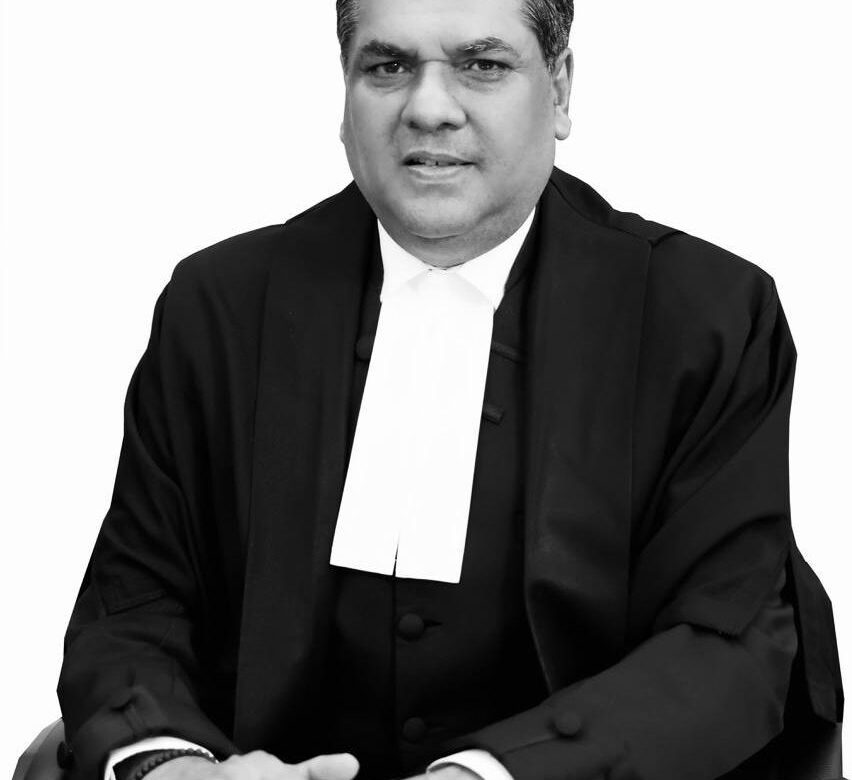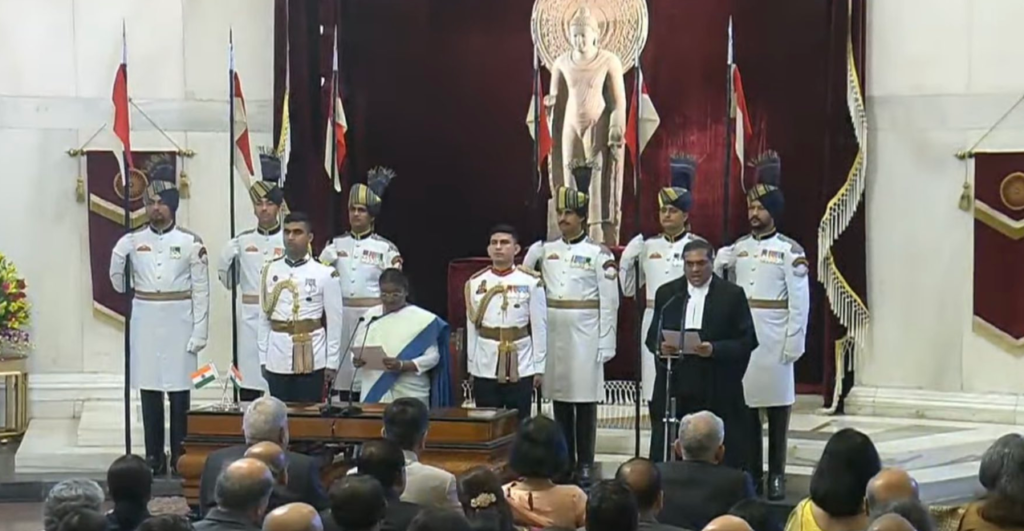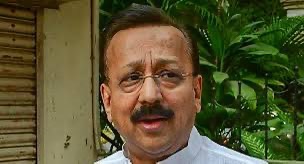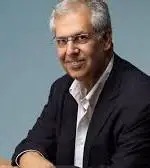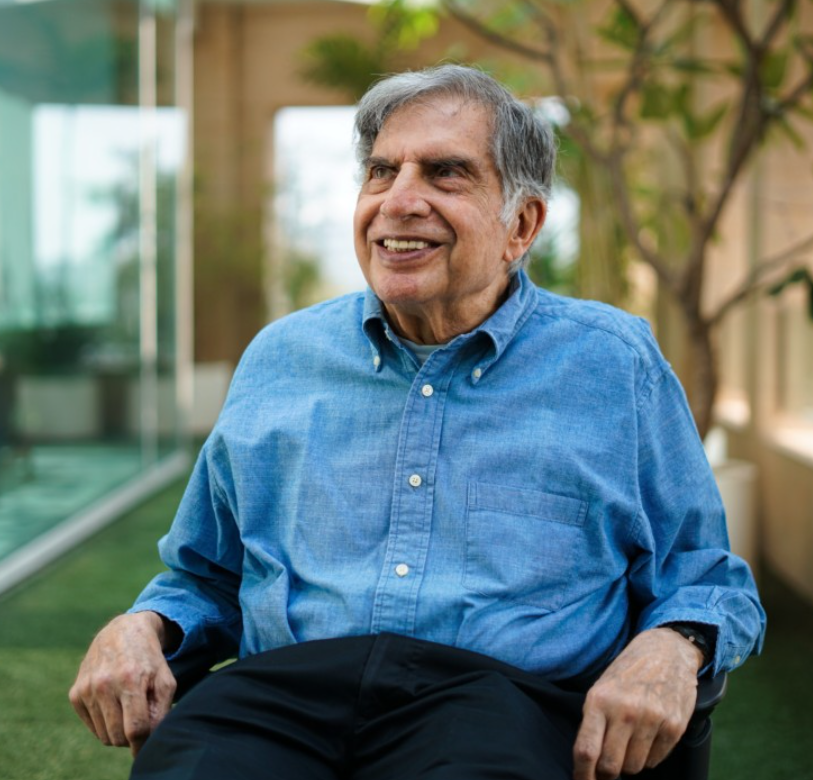Kumbh Mela Stampede Updates: The World’s Largest Religious Gathering
On January 29, 2025, a tragic stampede occurred during the Maha Kumbh Mela in Prayagraj, Uttar Pradesh, resulting in at least 11 fatalities and over 50 injuries. The incident took place in the early hours when a barrier collapsed, causing panic among the massive crowd of pilgrims gathered for a ritual bath at the confluence of the Ganges, Yamuna, and the mythical Saraswati rivers.
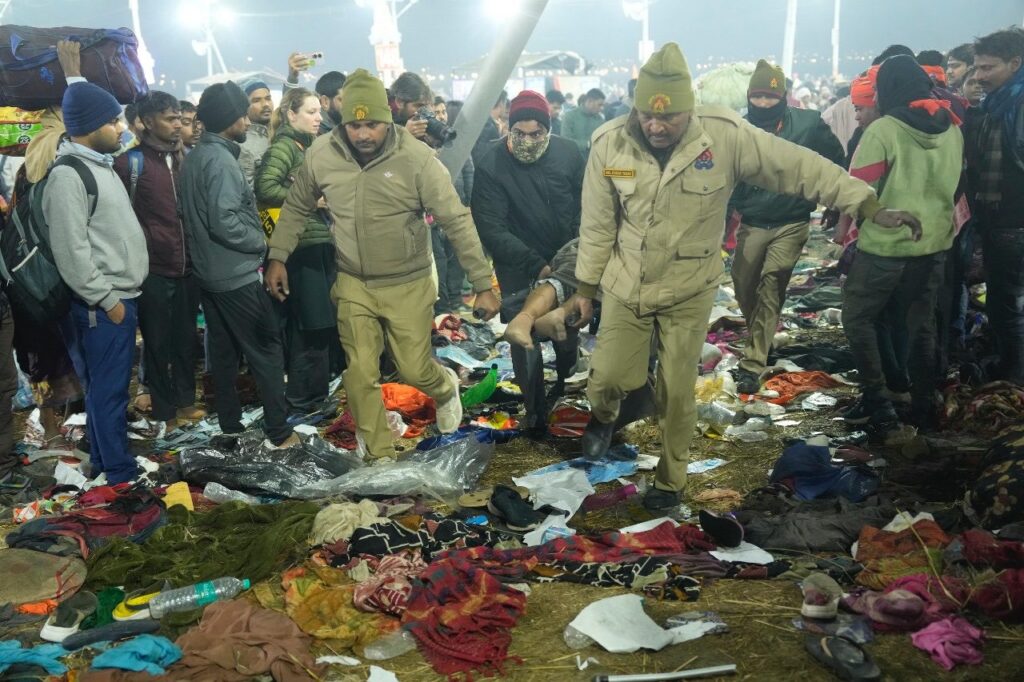
Eyewitnesses described chaotic scenes as devotees surged forward, leading to many being trampled. Emergency services responded promptly, transporting the injured to nearby hospitals; however, many remain in critical condition, and the death toll may rise.
The Kumbh Mela, recognized as the world’s largest religious gathering, holds profound cultural and spiritual significance for Hindus, who believe that bathing in these sacred rivers during the festival absolves them of sins. This year’s event is expected to attract approximately 450 million participants over its duration.
Prime Minister Narendra Modi expressed his condolences, describing the incident as “extremely tragic” and assured that local authorities are providing all necessary assistance. Chief Minister Yogi Adityanath urged pilgrims to utilize nearby ghats for bathing to prevent overcrowding at the main confluence area.
Despite extensive preparations and infrastructure investments aimed at managing the vast crowds, this tragedy underscores the inherent challenges in ensuring safety during such massive gatherings. Authorities are conducting investigations to determine the exact cause of the stampede and to implement measures to prevent future occurrences.
Fire at Kumbh Mela 2025:
During the ongoing Maha Kumbh Mela 2025 in Prayagraj, Uttar Pradesh, several fire incidents have been reported:
- January 19, 2025: A fire broke out in Sector 19 of the Mela area, affecting at least ten tents. The blaze was caused by the explosion of a gas cylinder and was quickly contained by firefighters. No injuries were reported.
- January 20, 2025: Another fire occurred in a tent at Sector 5 during food preparations. Firefighters swiftly extinguished the flames, preventing further spread. No casualties were reported.
- January 25, 2025: Two vehicles caught fire in Sector 2 of the Mela area. Fire tenders promptly arrived at the scene to control the blaze. No injuries were reported.
Kumbh Mela 2025: The World’s Largest Religious Gathering
Kumbh Mela 2025 is one of the most significant religious festivals in Hinduism, attracting millions of devotees from across India and the world. This grand event, held in Prayagraj (Allahabad), Uttar Pradesh, is celebrated for its spiritual significance, massive congregation of saints, and the sacred ritual of bathing in the holy rivers.
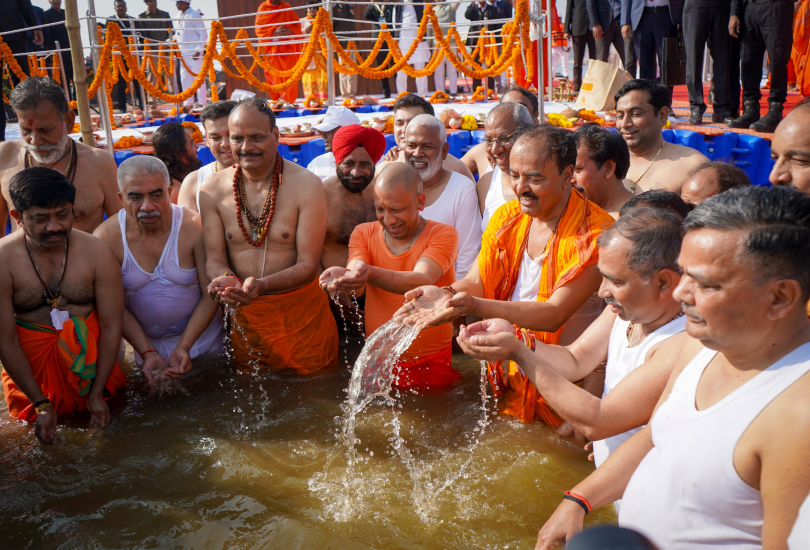
Dates & Location
The Maha Kumbh Mela 2025 began in January 2025 and will continue until March 2025. The primary venue is Prayagraj, where the sacred confluence of the Ganges, Yamuna, and the mythical Saraswati rivers (Triveni Sangam) is located.
Spiritual Significance
The Kumbh Mela is deeply rooted in Hindu mythology. According to legends, the festival originates from the story of the Samudra Manthan (Churning of the Ocean), during which drops of the divine nectar (Amrit) fell at four locations:
- Prayagraj (Allahabad)
- Haridwar
- Ujjain
- Nashik
These four places host the Kumbh Mela in a rotational cycle, with the Maha Kumbh Mela occurring once every 12 years at Prayagraj.
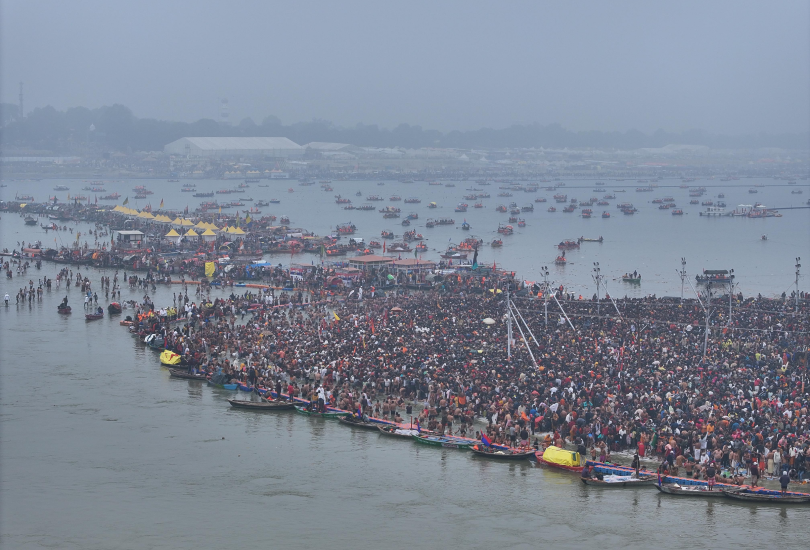
Kumbh Mela 2025 remains a symbol of faith, devotion, and cultural heritage. Despite challenges, millions continue to participate in this historic event, seeking spiritual enlightenment and divine blessings at the sacred confluence of rivers.
For live updates, visit the official Kumbh Mela website or follow government announcements regarding crowd control and safety measures.


